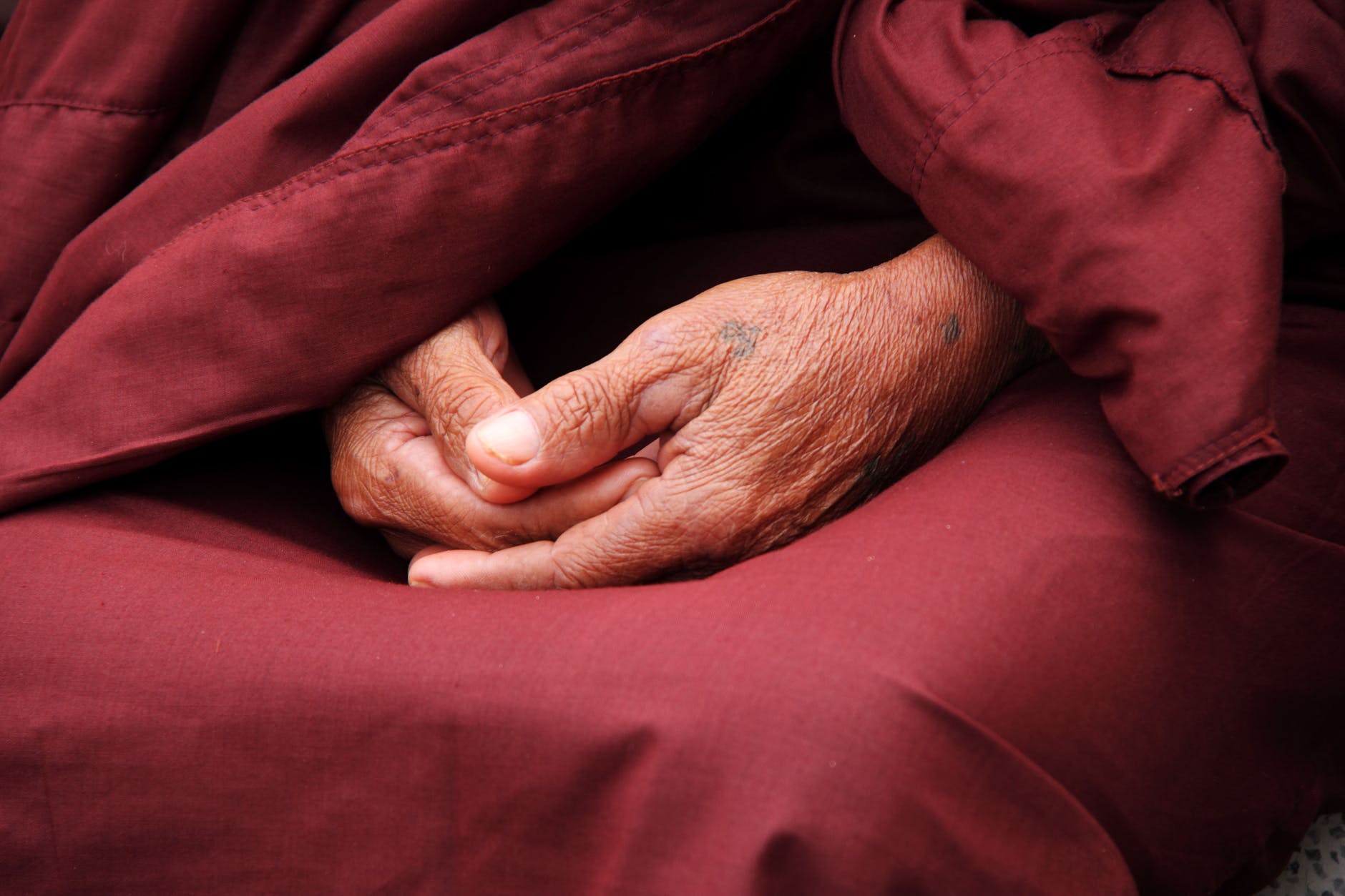
I sat in my room, eyes closed, legs crossed. My breathing slowed, and I focused my attention on how each inhale and exhale felt.
Then I flopped back on my bed in frustration.
This was what felt like the hundredth time I had tried to meditate, to find my zen, to be the Buddhist monk on the mountain. I had tried breathwork, stared at a candle flame, repeated mantras, and listened to guided meditations.
I felt like I was missing something, like I couldn’t meditate, like I was incapable. What was the point, and where was the peace in this singularly frustrating exercise?
Been there? Me too.
I think everyone has, at some point, let out a sigh of frustration, or given up on mediation because they feel silly, incapable, inept, and inadequate as they tried to force themselves into a state of inner peace.
I’ve given up, I’ve turned away, and I’ve declared that mediation just wasn’t for me.
But I’m here to tell you: you’ve been meditating every day without even realizing it.
Picture your first sip of coffee in the morning. You take a deep breath to absorb the smell, feeling the warmth of the cup in your hands. When you drink that first sip, and all the world begins to fade away for just a moment?
That’s meditation.

When you are in the middle of a stressful situation, and you take a deep breath, eyes closed, trying to clear your mind?
That’s meditation.
When finally lay down in your bed after a long day, and you sink into the mattress. That moment when our head falls onto the pillow, and the blankets surround you with warmth?
That, though fleeting, is meditation.
Meditation is, simply, any moment in which you can release your attachments and identification with the ego. Not exactly a Buddhist monk on a mountain, is it?
Traditionally, meditation is thought of as a period of time when you deeply focus the mind. But any time you think, or focus, with your mind, you are taking away from the true purpose of meditation. Actively doing anything, focusing or thinking, is not meditation.
Mediation is simply the act of doing nothing. To meditate, do nothing and observe everything. Release the mind, and the ego, and allow yourself to become the observer. It sounds so simple, and yet humanity has made this process so elusive and complex. However, meditation is not exclusive to a monk on a mountain, an enlightened individual, or a person with extraordinary amounts of patience.
Meditation is for everyone, because it is the moment that you step out of your ego, release your attachments, and become the observer.
So today, my friend, just observe: What are the meditative moments in your daily life, and what can you do to increase them?


